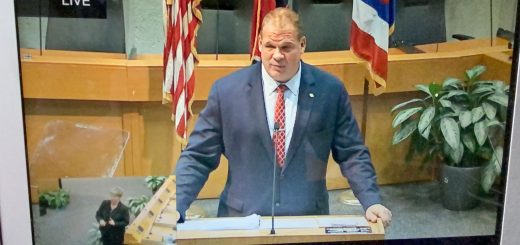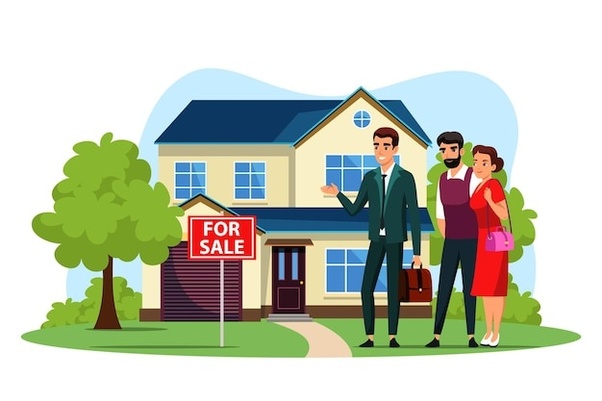Isn’t the struggle for same-sex marriage just like the struggle for civil rights?
Not at all. It is shameful and wrong to compare present day homosexuals to past generations of African-Americans, who were institutionally prevented from voting, lived under segregation, and were treated as second-class citizens.
The civil rights movement overcame laws against one’s right to exist, not one’s right to change humanity’s fundamental institution. The comparison is so outrageous that many civil rights leaders are offended by its mention. Even Reverend Jesse Jackson, who favors same-sex marriage, rejected the comparison, saying “Gays were never called three-fifths of a person in the Constitution, and they did not require the Voting Rights Act to have the right to vote.”
The difference between Civil Rights and same-sex marriage is the difference between equal treatment and special rights. African-Americans were fighting for the same legal rights as whites during the struggle for Civil Rights—the right to co-exist as equals, to participate in public forums, and to have access to equal opportunities.
Homosexual couples, however, do not face this type of discrimination. They have the same legal rights as heterosexuals, including the right to marry within the definition of marriage. No one, homosexual or heterosexual, has the right to redefine marriage, however.
Most African-Americans understand this vital distinction and overwhelmingly reject the comparison. In fact, according to recent polls, 64 percent of African-Americans are opposed to same-sex marriage, more than any other ethnic or religious group. They understand the danger of distorting the legacy of civil rights leaders such as Martin Luther King, Jr. by invalidly extending his fight to things he never would have supported.
The idea that marriage was created to discriminate against homosexuals is silly and offensive. As Rev. Richard Richardson, head of The Black Ministerial Alliance of Greater Boston, stated in his testimony before the U.S. Senate, “The traditional institution of marriage is not about discrimination. And I find it offensive to call it that. Marriage was not created to oppress people. It was created for children. It boggles my mind that people would compare the traditional institution of marriage to slavery.” There is no “civil right” to intentionally subject children to fatherlessness or motherlessness.
Shouldn’t we love homosexuals and lesbians?
Absolutely. Every person is made in the image of God and of great value. Each person should be loved and respected.
Why should we worry about protecting marriage when it’s already so weak?
Typically, we don’t surrender to crime, academic failure, abuse or any other social ill simply because it’s a “new reality.” To surrender the future to our past failures is cynical and destructive. Instead, we should celebrate and uphold marriage as the ideal, and work to restore strong marriages as the best way to solve social problems.
It’s true that marriage in the United States has weakened over the past century, in large part due to no-fault divorce, cohabitation and abortion—things that separate marriage from child-bearing. The results of these social experiments are undeniable. They include rampant crime, widespread poverty, frequent delinquency, cycles of violence, uncontrolled drug use, unchecked child abuse and rising illegitimacy rates—all results of marriage and family breakdown.
It’s no small thing then to ask for yet another social experiment that further separates marriage from parenting. Same-sex marriage will be the outright affirmation of what these previous experiments have been tacitly proclaiming: that marriage is a purely personal institution that has no public implications whatsoever.
The reason we should protect marriage—even in its weakened state—is that only married households with moms and dads provide children with the ideal place to grow into healthy adults. Only marriage brings men and women together in complementary ways that channel the strengths and weaknesses of each sex into positive social ends.


















